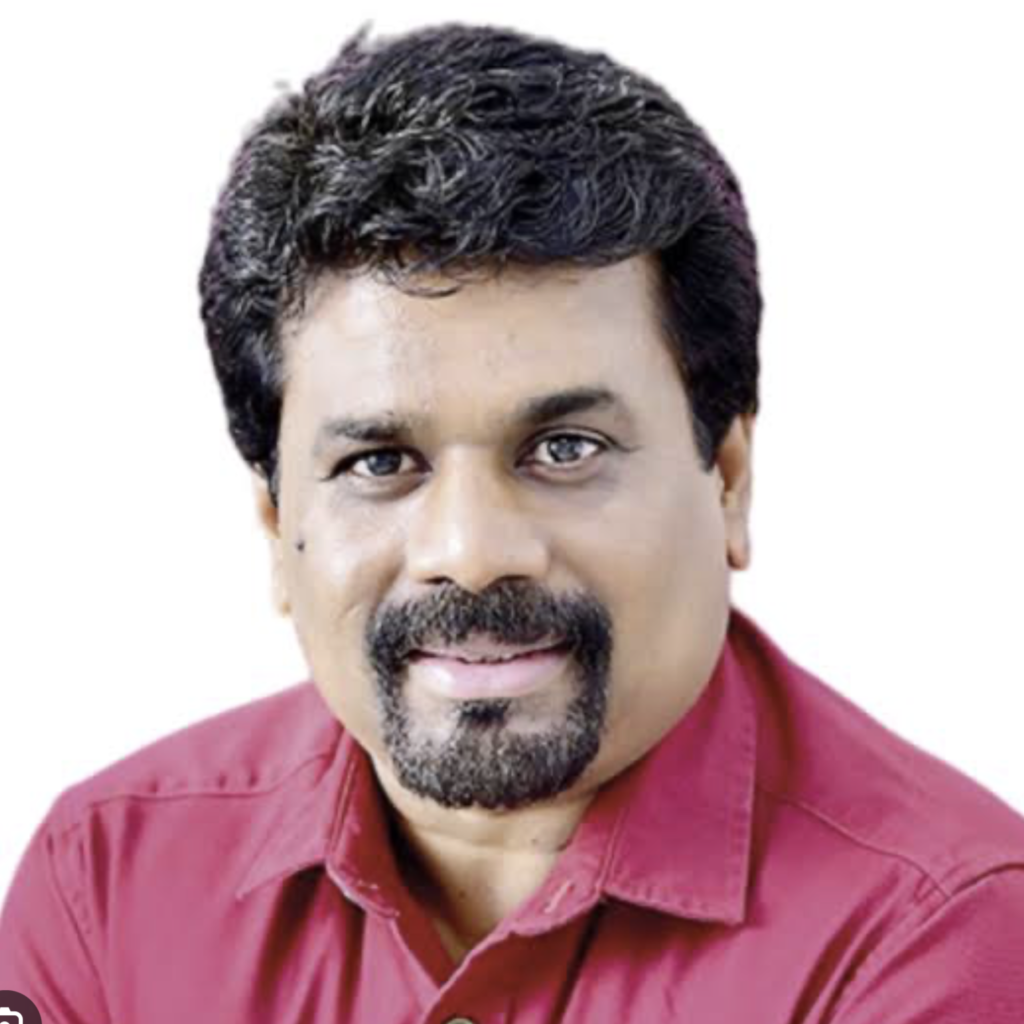The people of Sri Lanka have spoken. In a historic moment, Anura Kumara Dissanayake has been elected as the nation’s president, marking a new chapter in Sri Lanka’s political history. This election, deeply rooted in the widespread calls for systemic change during the 2022 Aragalaya protests, represents the will of the people and their demand for a just and equitable future.
The significance of this election extends far beyond a single moment of political change; it reflects the country’s desire to chart a new course, prioritising the wellbeing of its people and the environment over entrenched interests. With the election of President Dissanayake, Sri Lanka has a unique opportunity to unite as a nation to address the pressing issues of corruption, nepotism, mismanagement, and inequality that have plagued the country for decades. This is not merely a shift in leadership but a chance to engage in open and honest discussions about Sri Lanka’s position within the global economic order, which remains dominated by an unjust financial architecture and legacies of financial colonialism.
While the election signals hope for change, the path ahead will not be without challenges. The country remains burdened by an unresolved external debt crisis, with the IMF’s current Debt Sustainability Analysis (DSA) not offering a sustainable solution. Furthermore, the simmering ethnic tensions, the deterioration of the country’s once-celebrated education and healthcare systems, and deeply politicised government institutions must be addressed with urgency and care. Over 60 questionable bills were rushed through Parliament by an illigitimate government, creating further complexities needing immediate attention.
It is vital that the country’s economic and political elite, many of whom have benefitted from the status quo, support these reforms for the betterment of all Sri Lankans. Equally, President Dissanayake must be a leader for all citizens, fostering a spirit of inclusivity and national reconciliation.
The peaceful nature of this election is a testament to the nation’s deep respect for democracy and its quest for system change. Sri Lanka now stands at a crossroads, with an opportunity to create a just, sustainable, and united future. The journey ahead will be difficult, but it is one that the nation is prepared to embark on together.
Institute of Political Economy (ipe-sl.org).

